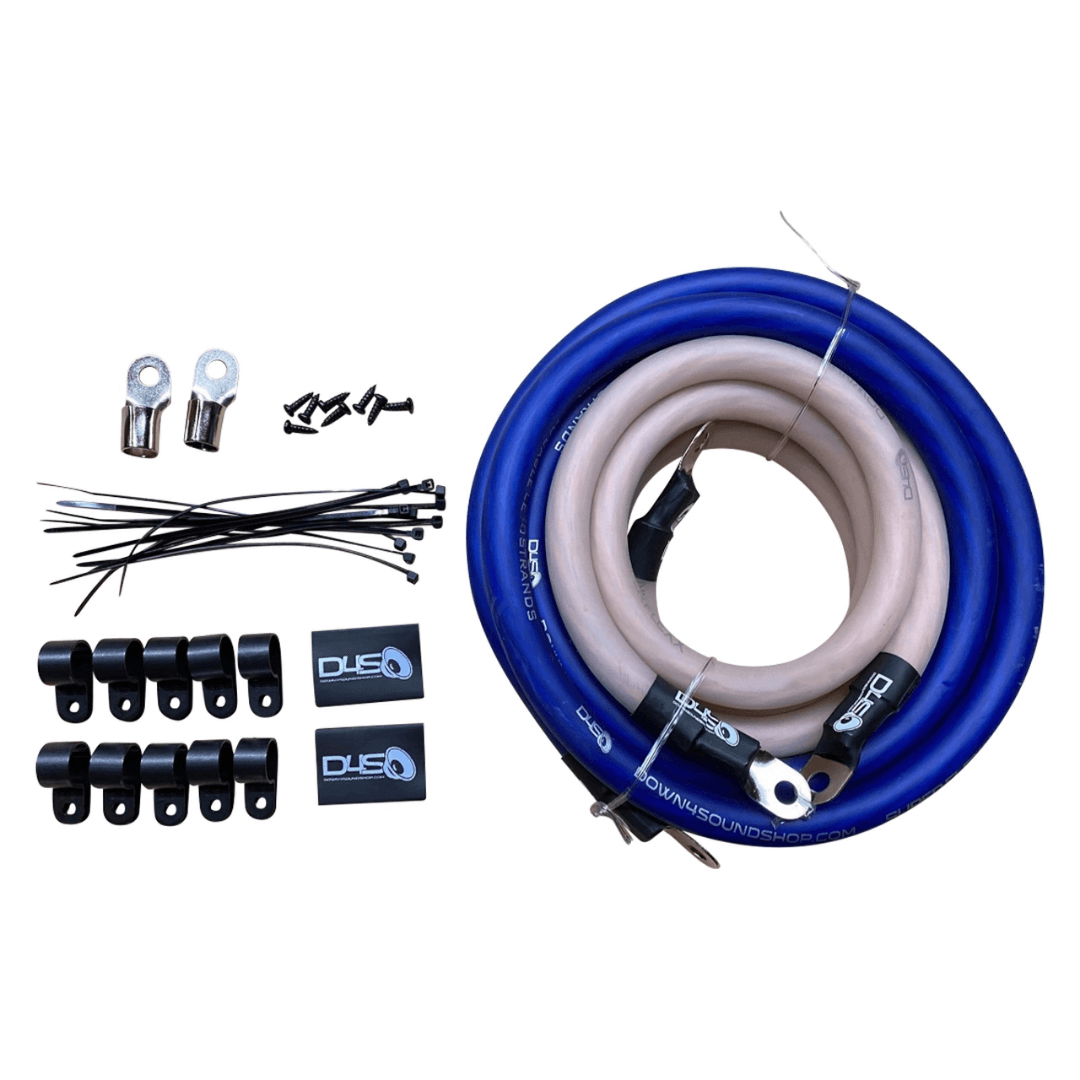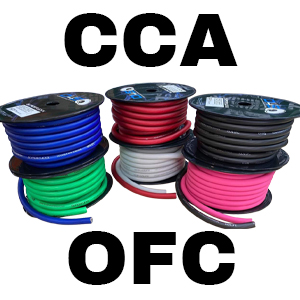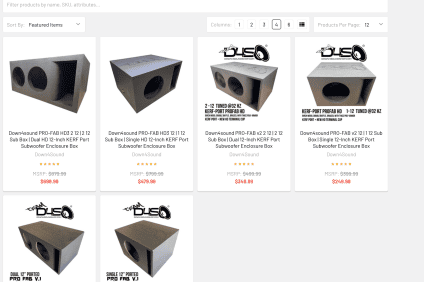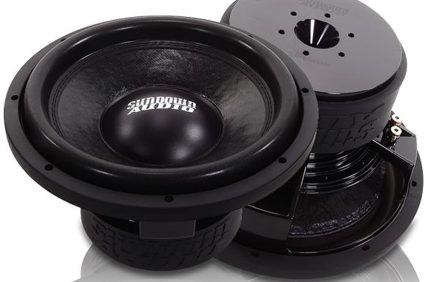CCA VS OFC
Not all car audio wire is the same. In this post, we will look at the two types of wire that most people consider when looking to purchase wiring or amp kits, for their builds. These two types of wire are copper-clad aluminum (CCA) and oxygen-free copper (OFC). Let’s look at these two wire types and discuss their differences.
Copper-Clad Aluminum (CCA)

Copper-clad aluminum wire (which the name states) is aluminum wire with a very thin coating of copper and may look like a copper wire at a glance, but that’s where the similarities end. The main difference between CCA wire is, obviously, the material the wire is made of. Now, why does this matter? Well, if you look at the overall conductivity of aluminum wire, you will find that it is inefficient and only conducts around 60% of the electrical current of the same gauge OFC wire. What does this translate into? It simply means that you will have to use a larger gauge wire to conduct the same amount of current as OFC. Another issue with CCA wire is oxidation. This oxidation will reduce the overall current handling capabilities of the wire even further, thus making it more inefficient at providing the power needed for your amplifier(s). This reduction in efficiency ultimately leads to excessive heat in the wire which is not only bad for your audio equipment but can be downright dangerous. The main attraction to CCA is the cost, but keep in mind copper-clad aluminum wire will degrade at a faster rate, over time, leading to increased maintenance and replacement of the wire. CCA does have its applications, but if you decide to use it for your car audio install, I highly recommend using the next size up, or two, then your amplifier, calls for.
Oxygen-Free Copper (OFC)

OFC, being made from copper, is highly conductive and can handle the large amounts of electrical current our amplifiers need. This current is needed to ensure our car audio systems operate at their peak performance. Compared to CCA, oxygen-free copper has a greater improved efficiency which will reduce the overall stress on your electrical system components like your alternator. OFC is more refined to remove the oxygen and other impurities that typically cause corrosion. This increased corrosion resistance makes OFC the perfect wire for car audio applications. To add to this corrosion resistance, the copper wire strands can be treated with a coating of tin or silver. This coating encapsulates the copper and protects it further from the harsh elements the wire could be exposed to such as marine applications. The main con of OFC wire, not that it is really a con, would be the price. Many car audio enthusiasts may find the upfront cost of OFC to be too high, but you have to keep in mind that cheaper, inferior wire will cost you more in the long run due to increased corrosion and deterioration over time.
Advantages and Disadvantages
| WIRE TYPE | ADVANTAGES | DISADVANTAGES |
|
Oxygen-Free Copper (OFC) |
|
|
|
Copper-Clad Aluminum (CCA) |
|
|
Conclusion
I hope this post has provided some insight into the differences between copper-clad aluminum and oxygen-free copper wire. This post explains my opinion, as well as some tested theories when comparing OFC and CCA wire. I understand some of your opinions and experiences of either wire may differ.
Shop DOWN4SOUNDSHOP.COM for all your favorite car audio brands. Experience the DOWN4SOUND DIFFERENCE.
- Lowest possible prices on all your favorite car audio brands
- We stock the most products in our warehouse
- The best customer service in the industry
- Free shipping
- Financing plans available
- Free goodies with every order!
DISCLAIMERS:
** Please note that this post provides general information on oxygen-free copper (OFC) versus copper-clad aluminum (CCA) wire. Keep in mind that not all vehicles are the same and may require different installation methods and techniques to ensure a safe and effective install. By no means, am I a professional mechanic, and D4S and I, are not liable for any damages caused to your person or vehicle by following these instructions. Please consult a professional if you have any questions or concerns regarding your own vehicle and how to perform modifications such as the one explained in the previous statements.





Pingback: Picking the correct Car audio cable